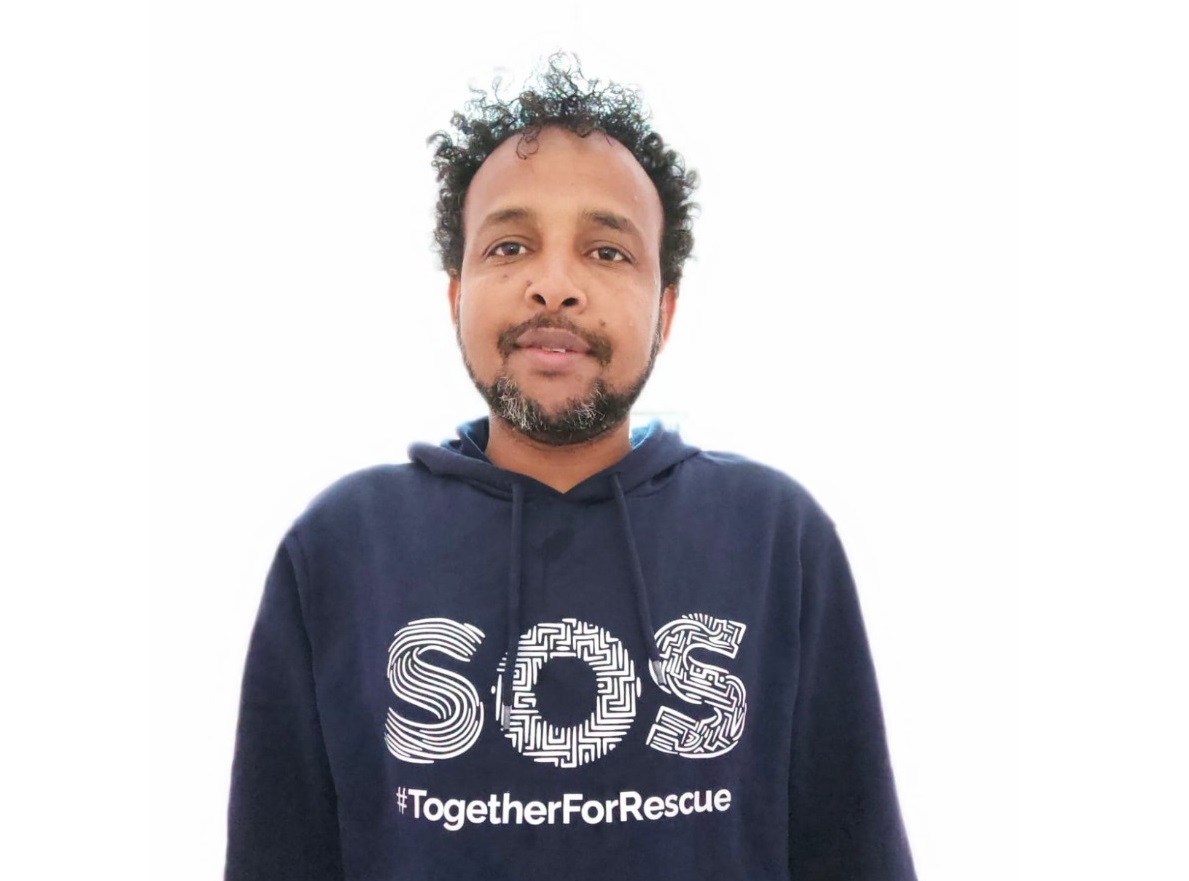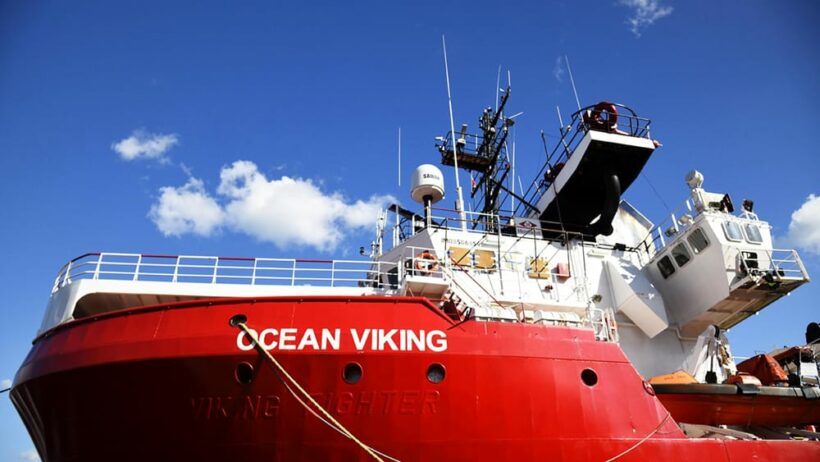In the last few days your ship Ocean Viking has carried out 15 rescue operations in the Mediterranean with the coordination of the Italian authorities, bringing on board a total of 623 migrants recovered from small boats in difficulty. Yet the so-called code of conduct for NGOs contained in the Cutro decree prohibits, albeit implicitly, multiple rescue operations. On the other hand, humanitarian ships loaded with exhausted and traumatized castaways are always assigned distant ports of disembarkation. How do you see this apparent contradiction in the attitude of the government?
As for the decision to coordinate NGOs in relief operations, I prefer not to call it a contradiction, but the right decision taken on the basis of international obligations that all European countries must respect. And I also hope that what happened in these last operations does not remain an end in itself, but becomes a starting point for reflecting on how to address the issue in a global way. It seems to me that so far we have only talked about how to stop the landings; we hope that instead, the events of the last few days will prompt new assessments on the issue of rescue at sea and on the urgent need for European coordination.
On the assignment of distant ports, on the other hand, I can only say that in this period departures are continuous and there is a need for all the means available to help people in difficulty: we have never had to carry out 14 operations in just one night. We reiterate that the situation is very serious and must be managed with all possible strength, otherwise tragedies such as that of a few days ago in the Sicilian channel are bound to repeat themselves.

A recent study published by the international journal Scientific Report dismantles the propaganda theory of the “pull factor” constituted by humanitarian ships, already denied by numerous other reports. Based on your experience, what are the main factors determining migratory flows?
This new study confirms what we have always said, which is that NGOs are not and never have been a “pull factor”. Also because the NGOs started operating after Mare Nostrum, therefore in 2015. If one looked at the numbers from 2011 to 2015, one would see that the arrivals were even more numerous than now: therefore the NGOs have always simply done their duty, that is to rescue people and monitor the sea in one of the deadliest sea routes in the world.
I think people leave because they are forced to flee violence and poverty; the phenomenon of migration cannot be stopped, but must be tackled in a collective way, without ideologies and exploitation.
From January to July 2023, more than 100,000 migrants arrived on the Italian coasts and unfortunately the number of deaths at sea exceeded 2,100. What can be done to reverse this tragic trend?
What we can do is reflect on the fact that more than 2,000 people died in the Mediterranean: this is the real problem, not the fact that one hundred thousand people arrived in Italy because they were saved. We have to decide from which perspective we want to see this challenge: sometimes it is not clear whether the world is sadder for the death of 2,000 people or because a hundred thousand have been saved. I believe that we must all work together to address the issue by reflecting on the violence and violations of human rights in the countries of departure and of transit and realizing that it is urgent and necessary to commit ourselves immediately to ensure legal ways of accessing Europe.










